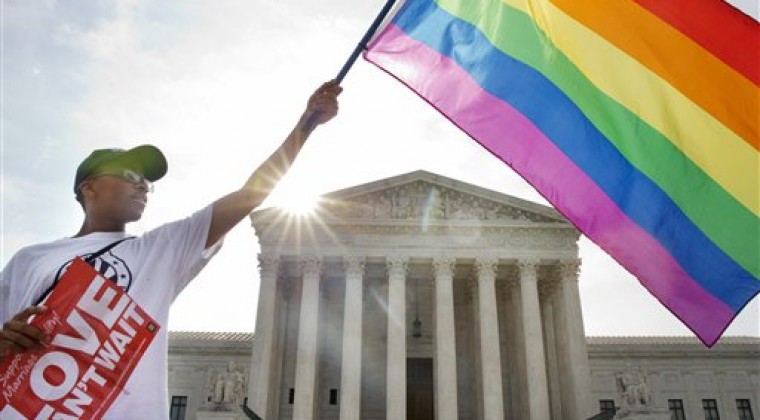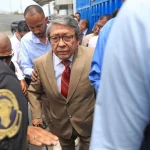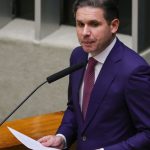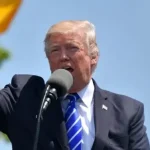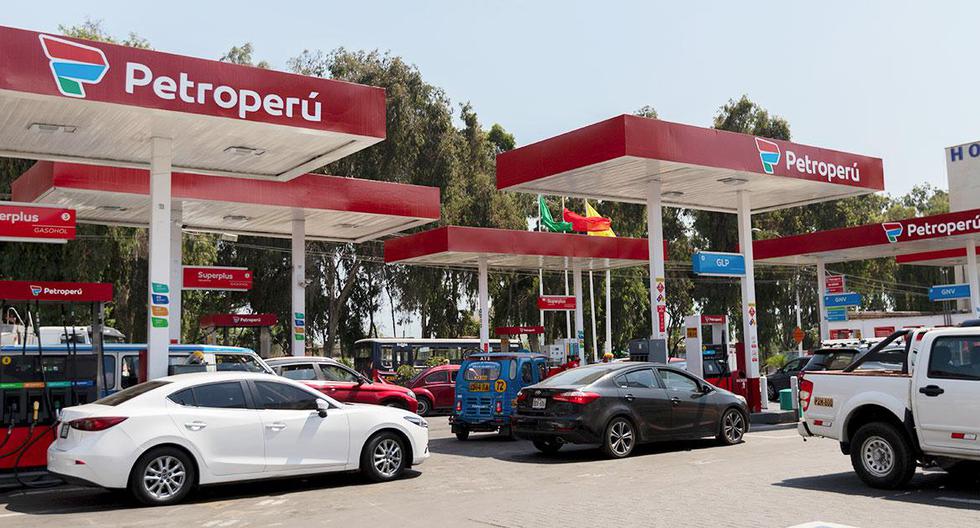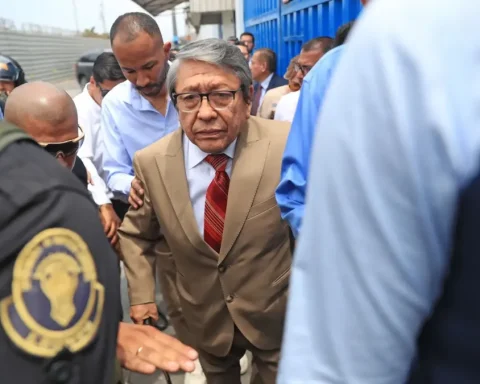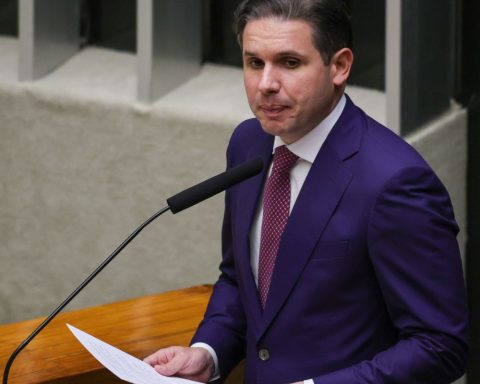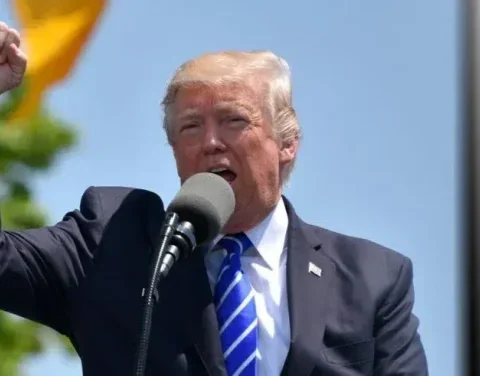“It’s not ideal to live in the shade, but it’s not ideal to be in the spotlight either,” says a 32-year-old Bahraini, close to the LGBT+ community (lesbiansgays, transgender and ‘queers’) in that kingdom of the Gulf, in which the homosexuality is not officially persecuted.
This young entrepreneur from Manama, who requests anonymity, does not hide his anger with the European teams that insisted on wearing the ‘One Love’ bracelet with rainbow colors, a symbol of the LGBT+ community, during the World Cup in Qatar, a country in the one that the homosexuality If you are criminalized
“No member of the homosexual community here was ever asked what they thought,” lashes out at the thirty-year-old, showing himself “concerned” about the future, after seeing an avalanche of homophobic reactions on social networks and in his environment.
A few months earlier, he had already been annoyed that some US embassies in the Gulf were waving the rainbow flag or posting messages about the rights of sexual minorities, especially in Bahrain, Kuwait and the United Arab Emirates.
“I don’t necessarily hide who I am, but I don’t walk around waving a rainbow flag either,” says this man, adding that Western campaigns “really upset” LGBT+ communities in a “very homophobic“, but where the authorities and society have learned to close their eyes, especially with their fellow citizens and some privileged expatriates.
– “Without changes” –
In recent months, the Gulf authorities have made unprecedented decisions in the region, where taboo topics are usually on the margins of public debate.
As in Qatar last year, the Saudi authorities seized rainbow-coloured toys, in a country where the homosexualityIn theory, it is punishable even with capital punishment.
In early June, Kuwait summoned the US charge d’affaires to protest pro-government tweets. LGBT+ community.
In Bahrain, messages of support for the traditional family have multiplied, with posters showing the image of a father, a mother and two children holding an umbrella that protects them from the rainbow.
In Saudi Arabia and the United Arab Emirates, the broadcast of major American productions has been prohibited because some of their characters were openly homosexual.
For Saudi researcher Eman Alhussein, “probably the issue of LGBT+ will not be the subject of debate at the local level so soon”, despite the fact that “some laws and social restrictions have been eased”, in order to attract qualified expatriates and investors foreign.
“Since many citizens of the Gulf remain conservative, maintaining some limits is considered crucial to temper all levels of society,” observes this specialist in the region.
According to Alhussein, it seems unlikely that Western pressures “will bring about a change, at least in the short term.”
– “Great missed opportunity” –
The World Cup in Qatar is therefore “a great missed opportunity” to support in a “concrete” way the rights of sexual minorities in the country and throughout the Arab world, deplores Tarek Zeidan, director of the Lebanese advocacy NGO of the LGBT+, Helem, the first created in the region, in 2001.
“It is obviously necessary to have a discussion on human rights, despite the efforts of some to prevent it for cultural or sovereignty reasons,” he stresses.
According to Zeidan, it would have been necessary to “give a voice to the people who are really victims of violence”, instead of “focusing on the indignation of the West”, with flashy positions “that do not help”.
This Lebanese militant, who lived in Qatar in the past, notes “a hardening of the extreme positions of the debate, with LGBT+ people being the ones who will suffer the most.”
Tarek Zeidan fears a “very harsh, even fatal reaction” as a result of the “imposed and unprecedented place” that the issue has taken, with an increase in homophobic positions from Lebanon to Kuwait, passing through Egypt and the United Arab Emirates.
“The next decade is going to be extremely difficult for LGBT+ people in the region,” he warns.
